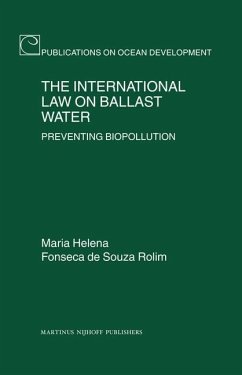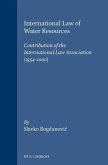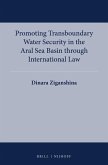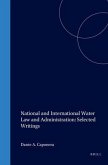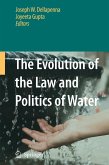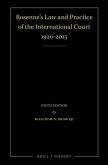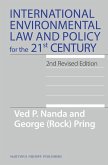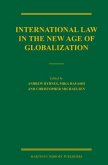"The introduction of invasive marine species into new environments, whether by ships' ballast water, attached to ships' hulls or via other means has been identified as one of the four main threats to the world's oceans, along with land-based sources of marine pollution, over-exploitation of living marine resources and the physical alteration or destruction of marine habitat.
Increased trade and the consequent greater volumes of maritime traffic over the last few decades have served to fuel the problem. The effects in many areas of the world have been serious and significant. Quantitative data show that the rate of bio-invasions is continuing to increase, in some cases exponentially, and new areas are being found to be invaded all the time. As volumes of seaborne trade continue overall to increase, the problem may not yet have reached its peak.
In response, IMO first adopted Guidelines for Preventing the Introduction of Unwanted Organisms and Pathogens from Ships' Ballast Water and Sediment Discharges in 1991; while the United Nations Conference on Environment and Development (UNCED), held in Rio de Janeiro in 1992, recognized the issue as a major international concern. The IMO Guidelines have since been kept constantly under review and updated.
Subsequently, in February 2004, the International Convention for the Control and Management of Ships' Ballast Water and Sediments was adopted. In providing a broad overview of the legal aspects related to marine pollution caused by ballast water and tank sediments, this book offers a pragmatic analysis of the current international legal system, and includes principles of international customary law and also references to a comprehensive environmental treaty law framework which relates the Ballast Water Convention to other treaties, such as the United Nations Convention on the Law of the Sea (UNCLOS), MARPOL and the Convention on Biological Diversity. With such a wide-ranging approach, this book will certainly provide a source of valuable information for all those with a requirement to pursue the subject in depth."
From the Foreword by Efthimios E. Mitropoulos
Hinweis: Dieser Artikel kann nur an eine deutsche Lieferadresse ausgeliefert werden.
Increased trade and the consequent greater volumes of maritime traffic over the last few decades have served to fuel the problem. The effects in many areas of the world have been serious and significant. Quantitative data show that the rate of bio-invasions is continuing to increase, in some cases exponentially, and new areas are being found to be invaded all the time. As volumes of seaborne trade continue overall to increase, the problem may not yet have reached its peak.
In response, IMO first adopted Guidelines for Preventing the Introduction of Unwanted Organisms and Pathogens from Ships' Ballast Water and Sediment Discharges in 1991; while the United Nations Conference on Environment and Development (UNCED), held in Rio de Janeiro in 1992, recognized the issue as a major international concern. The IMO Guidelines have since been kept constantly under review and updated.
Subsequently, in February 2004, the International Convention for the Control and Management of Ships' Ballast Water and Sediments was adopted. In providing a broad overview of the legal aspects related to marine pollution caused by ballast water and tank sediments, this book offers a pragmatic analysis of the current international legal system, and includes principles of international customary law and also references to a comprehensive environmental treaty law framework which relates the Ballast Water Convention to other treaties, such as the United Nations Convention on the Law of the Sea (UNCLOS), MARPOL and the Convention on Biological Diversity. With such a wide-ranging approach, this book will certainly provide a source of valuable information for all those with a requirement to pursue the subject in depth."
From the Foreword by Efthimios E. Mitropoulos
Hinweis: Dieser Artikel kann nur an eine deutsche Lieferadresse ausgeliefert werden.
"... an invaluable source of information for readers in search of an updated theoretical and practical approach to this important topic." - Rodolfo P. Ripoll-Salcines, Professor of Law, University of Cienfuegos and Arbitrator of the Cuban Court of International Commercial Arbitration, The Chamber of Commerce, Havana, Cuba

